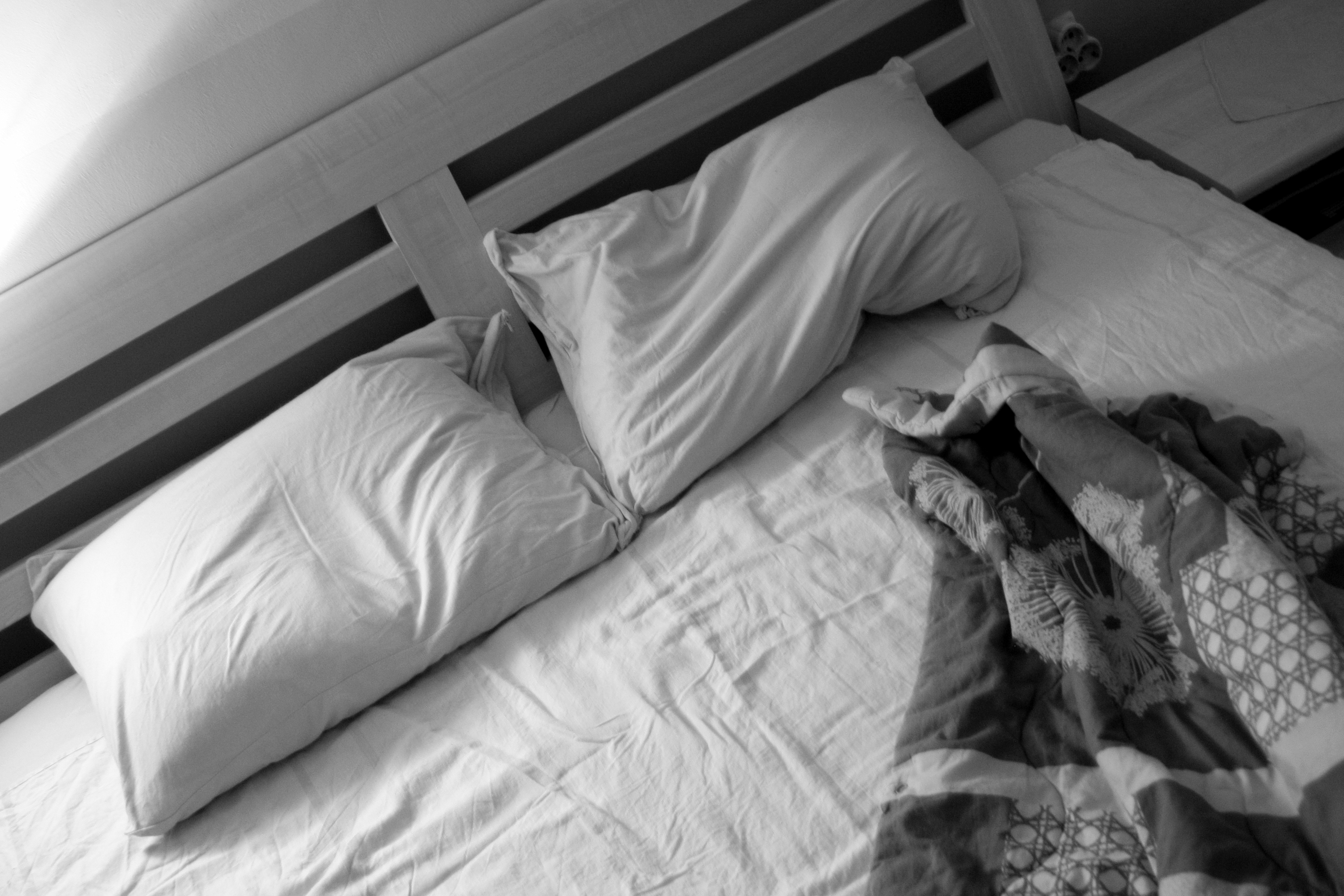Pauli stood at the railing on the back deck and flicked glances at the giant red sun fall slowly to the ground. The surrounding sky was a uniform hazy gray with a few patches of darkening clouds. He wanted to stop the transition, freeze it because, although it was the same sun his mother saw, the added shades and textures came from her battles three thousand miles away. This was his link to her, his connection.
A few hours earlier, he’d briefly gotten through to her phone and said he was OK and that his Uncle Isaak would be back soon. However, she didn’t return his calm assurances. She’d said it wasn’t going to be as bad today, that the winds were shifting on the lines she would be stationed at. But how would she know for sure? There was no certainty to any of it. She was terrified, even though she’d tried to hide it. “You could leave, Ma,” he’d said. “Just walk off the job.” But she would never do that.
He closed his eyes and imagined that, if he timed it right, just before the earth swallowed the hazy red circle, it would open up and transform into a portal to take him to wherever he wished. He could crawl through and be back in the familiarity of the other coast. He had done something similar a few times before, he was sure of it, although nobody believed him when he’d tried to describe his experiences.
Earlier that summer, his mother had told him the fires would be starting again and she would be called back to work, and that he needed to stay with his uncle for a while because it was safer. He’d agreed to go—the charred memories of the previous burn season were a constant invasion—and had begged her to do the same. When she’d refused, he’d gone searching for sanctuary, for a magic passage to some hideout. He’d wished, pleaded, and then demanded that it work—like the other time he’d removed himself from the view of a pack of rough older boys who’d wanted to teach him a few things—and a few minutes later, he woke from some drifting half-dream on the roof of his house. He’d hidden behind the brick chimney, unable to be found by his mother who was ready to take him to the airport. But he’d finally yelled and she’d put up a ladder and, amid a furious lecture, brought him down.
Maybe now, if he opened his eyes, he could actually make it happen again. Except that he couldn’t stare at the sun for more than a second; it was one of his mother’s endless safety messages, drilled into the impulses of his brain and body, to never, ever do.
His phone rang and he nearly dropped it when he tugged it out of his pocket.
“Pauli, it’s Isaak.”
“I know.”
“Now listen to me carefully. I’m not going to make it back tonight.”
“Isaak! Why?” He was instantly close to panic.
“It’s OK Pauli. You’ll be OK. The roads are still way too flooded and nobody can get through.”
“Will you be back tomorrow?”
“If I can’t drive there tomorrow, we’ll get a boat or something,” Isaak said. He was trying to be calm but the edge in his voice was exactly like Pauli’s mother’s. “Don’t worry, we’ll get you out of there.”
“Why can’t you just get a boat now?” Pauli asked.
“There aren’t any yet. Now this is what I want you to do. It’s going to rain more and the river will probably overflow some. You need to go in the basement and open all the windows. That way, if it floods, it will only fill up the basement. You won’t get wet upstairs. And don’t leave the house for any reason, OK?”
“The river’s so far away!” Pauli yelled. “How’s it going to flood way over here?”
Isaak didn’t answer. He had already hung up.
Pauli hated the slimy, spider-infested basement. There were two small windows at the top of the front and back walls and he had to move wet moldy boxes and stand on a shaky wooden chair to reach them. He wasn’t sure if he should take the screens out but the thought of snakes and other creepy things washing in convinced him to leave them alone.
An hour later the rain started, gently at first but with a steady acceleration. He sat on the living room couch, turned on the TV, and surfed through the channels. Soon, the wind began to shake the house and the rain hit the windows so hard it was like he was underwater. Then the power went out, and the TV, the lights, and everything else died. The sun was long gone and the house was enveloped in darkness. He huddled into the couch pillows and tried again to transport himself to somewhere, anywhere.
Sometime later he sat up, startled. Had he fallen asleep? Was he dreaming? He hopped off the couch and his shoes filled with water. The room was still dark, the power still out, but glints of light were breaking through from somewhere. He stood, frozen, as the water buried his ankles and inched toward his calves.
Until he saw where the light was coming from.
He ran across the room, out the sliding doors, and onto the deck. The large round moon was a fierce red and, just like the sun, its persona was altered by the far away fires. Light beams frolicked and pranced on the water-covered deck and surrounding lawns. He watched, mesmerized, until the water reached his knees.
He had to get on the roof. But how? There was no ladder and no time.
He stared directly at the moon, eyes wide open, and wished, pleaded, and then demanded that he be transported to safety. He had no idea where that would be.
Dan Yokum is an almost retired graphic designer who decided a few years ago that creating fiction was much more exciting than web content. Since then, he has written and stashed numerous beginnings and is now completing many, transitioning to a full-time life of chasing the thrill of the story.
Photo by Roberto Nickson from Pexels




